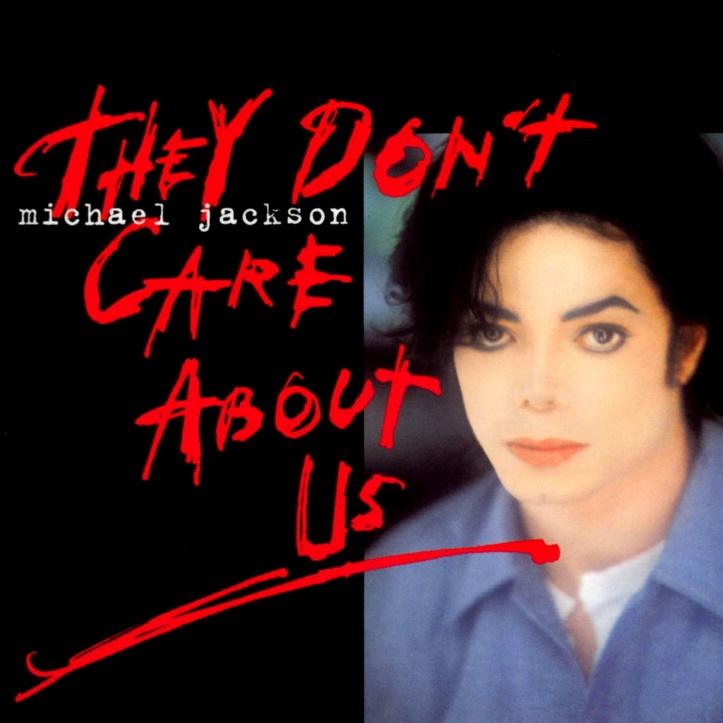
(opinion article)
28 years ago, on 16 April 1996, the world saw the release of the fifth single from Michael Jackson’s album HIStory – ‘They Don’t Care About Us.’ This song, which became one of the King of Pop’s most famous hits, is remembered not only for its melody and provocative lyrics, but also for two emotionally charged short films directed by Spike Lee.

A powerful call for justice
Both versions of the video, ‘Brazilian’ and ‘Prison,’ explore the themes of racial injustice and oppression. In the ‘Brazilian’ version, Jackson dances with children against the backdrop of Rio de Janeiro’s poor favelas, while Jailhouse shows the singer being arrested and unjustly sentenced to prison.
 Photos from Michael Jackson’s music videos
Photos from Michael Jackson’s music videos
The first version, recorded in Brazil, features the Afro-Brazilian drumming group Olodum. If you’re familiar with the song, this is the version you’ve probably seen. Already in production during the controversy, it uses sound effects to hide unwanted words.
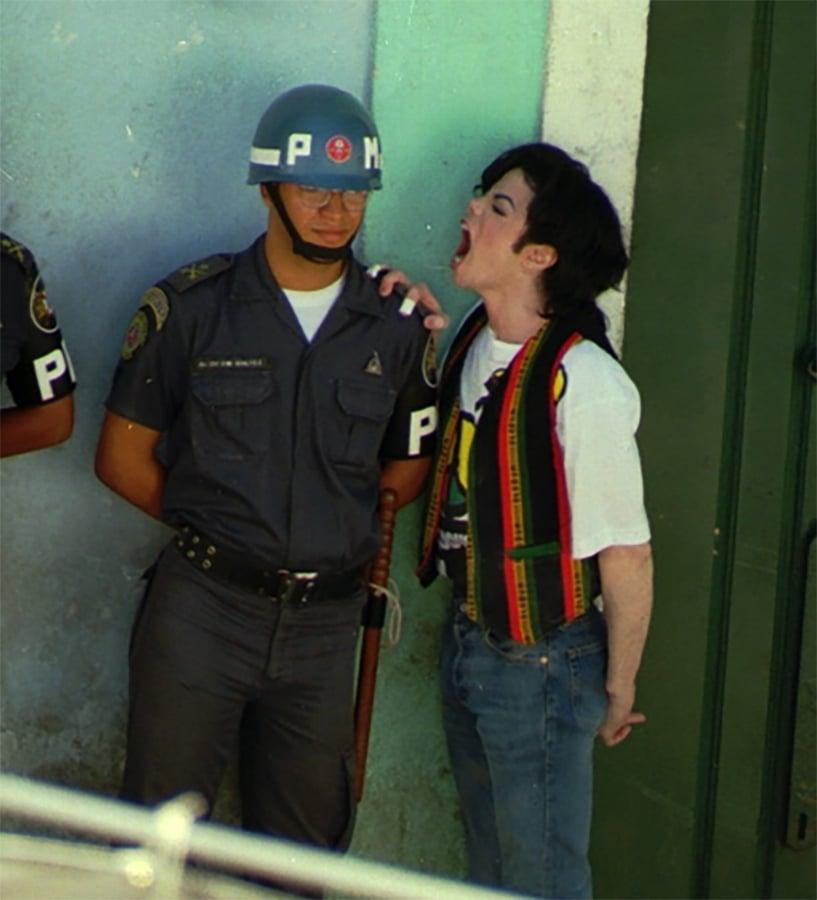
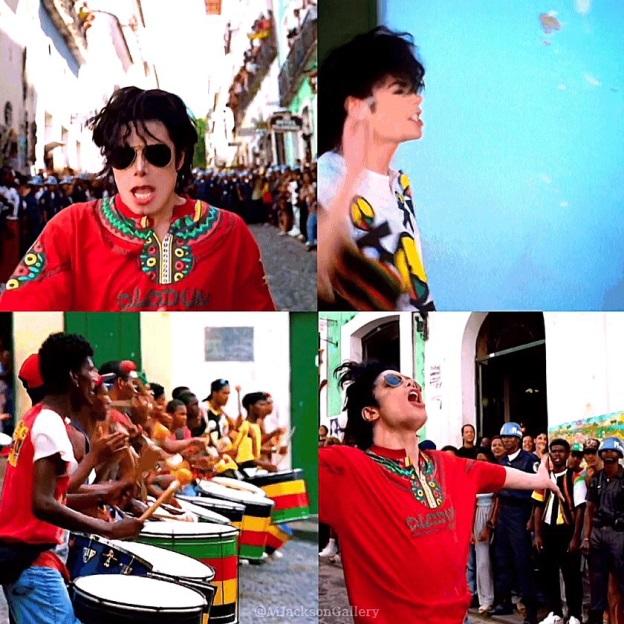 Photo from Michael Jackson’s music videos
Photo from Michael Jackson’s music videos
But the ‘Prison’ version is a tour de force; Jackson had even more to be angry about. Jackson and Lee decided to shoot in a Long Island prison, Lee said, because “a lot of people in prison shouldn’t be there. A lot of people are also there for a lot longer. There are more black and brown people in American prisons than white people.”
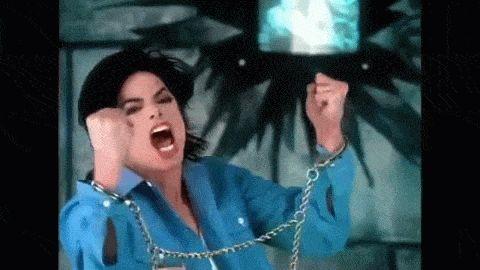
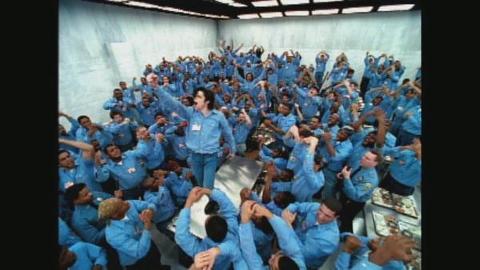 Photo from Michael Jackson’s video clips
Photo from Michael Jackson’s video clips
The song ‘They Don’t Care About Us’ was condemned by The New York Times before it was released, and it did not reach a significant portion of its target audience as the controversy generated by the New York Times article overshadowed the song itself. Radio stations were reluctant to play it, and one of the short films Jackson created for the song was banned in the United States
28 years without losing its relevance
28 years later, ‘They Don’t Care About Us’ is still relevant. Its words and images still resonate in the hearts of people who face racial injustice and oppression around the world. In 2023, the ‘Brazilian version’ of the video crossed the one billion views mark on YouTube, confirming its continued popularity and influence.
‘They Don’t Care About Us’ is not just a song, it is a powerful call to resilience, unity and the fight for justice. It’s a reminder that racial discrimination is still an issue that we all need to fight to create a better world.
Critical response
Since its release in 1996, Michael Jackson’s ‘They Don’t Care About Us’ has become not only a musical hit, but also a powerful vehicle for conveying a social message. Since its release, it has received a large number of positive reviews, recognized by experts and music fans alike.
Starting with a powerful message of social justice, the song openly reflects on racial injustice, oppression and police brutality. Its immediacy and emotionality touched the audience, forcing them to reflect on these pressing issues. The song acts not only as a sound composition, but also as a call for change, challenging the system and encouraging active action towards social reform.
The musicianship of ‘They Don’t Care About Us’ has also received well-deserved recognition. Its dynamic blend of pop, hip-hop and soul elements creates an exciting sound that is easy to remember and gets you moving. The dance elements used in the music video emphasize the energy and drive of the song, complementing its expressiveness.
Particular attention is paid to the outstanding choreography performed by Michael Jackson in the music videos. His movements, which are clear, dynamic and emotional, help to emphasize the message of the song and convey emotions. They have become a source of inspiration for many other dancers and performers, raising the bar in the field of dance.
Spike Lee‘s directorial contribution has also been recognized. He skillfully uses his style, characterized by social criticism and rich colors, to underline the theme of the song and create an emotional resonance with the audience. His work on the video is considered one of his best musical creations.
In addition to its musical success, ‘They Don’t Care About Us’ has become a cultural phenomenon that continues to inspire people to fight for justice. Its influence extends far beyond the music world, becoming a symbol of resistance and the desire for a better world.
Some experts have criticized the song for its anti-Semitic motifs, focusing on the lines, “It’s not like the Jews aren’t trying / They’re trying to make a living just like me and you”. These lines were seen as offensive and stereotypical, leading to calls for a boycott of the song. Jackson subsequently apologized for these lines, stating that he did not intend to offend anyone.

Michael said in an interview: “The idea that these lyrics could be considered inappropriate is very offensive to me and misleading. The song is really about the pain of prejudice and hatred and is a way to draw attention to social and political issues. I am the voice of the accused and the attacked. I am the voice of everyone. I’m a skinhead, I’m Jewish, I’m black, I’m white. I am not the one who attacked. This is about injustice against young people and how the system can falsely accuse them. I’m angry and outraged that I’ve been misinterpreted in this way.”
When asked about the lyrics on ABC News Prime Time Live, Jackson said:
“It’s not anti-Semitic because I’m not racist… I could never be racist. I love all races.”
He also said that some of his closest staff and friends were Jewish. On the same day, Jackson received support from his manager and record label, who called the lyrics “brilliant,” that they were against prejudice and taken out of context. The next day, two leading members of the Jewish community said that Jackson’s attempt to create a song that criticized discrimination had backfired. They suggested that the lyrics used were not appropriate for a teenage audience who might not understand the context of the song, adding that the song was too ambiguous for some listeners to understand. They acknowledged that Jackson meant well and suggested that the artist write an explanation in the album’s booklet.
Billboard’s Larry Flick noted that the song’s documented offensive lyrics were hidden by sound effects. He wrote:
“With or without those lyrics, this song comes across less as a deliberate indictment of global repressive forces than as a slightly covert expression of personal paranoia. Of course, there’s nothing wrong with an artist injecting his or her own experiences into a song, but the range of emotions reflected in Jackson’s growling vocals would have been much stronger in a more direct lyrical context.”
The legacy of ‘They Don’t Care About Us.’
Michael Jackson’s ‘They Don’t Care About Us’ remains a powerful cultural symbol that transcends the music world. Its influence became especially relevant in the context of the ‘Black Lives Matter’ protests in 2014, 2015 and 2020. The song gained renewed attention and was actively used during the demonstrations, which demonstrates its importance as a symbol of the fight for social justice and support for equality.
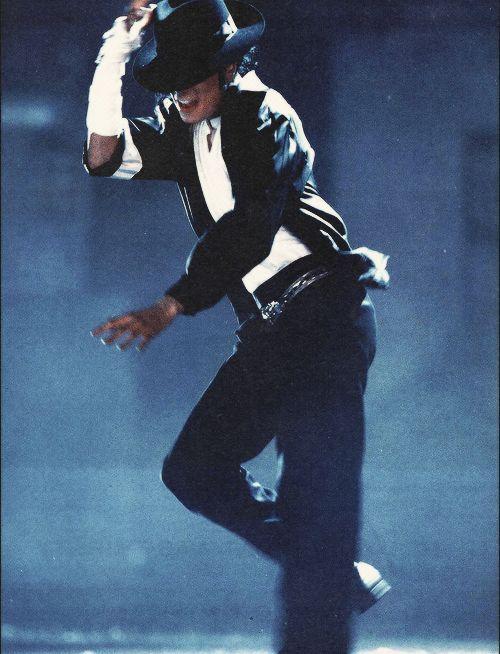
The struggle for social justice: The song has become an anthem for many marginalized groups fighting for equality. Its message of unity and fighting injustice remains relevant today.
Influence on music: ‘They Don’t Care About Us’ experiments with different genres such as pop, hip-hop and soul. This influenced many artists who began to combine different styles in their work.
Dance heritage: Michael Jackson’s videochoreography is known for its complexity and emotionality. It has become a source of inspiration for many dancers and choreographers.
Social and political impact: The song has sparked important discussions about racial injustice and police brutality. It has drawn the attention of a wide audience to serious social issues.
Views of contemporary artists on the song ‘They Don’t Care About Us’
‘They Don’t Care About Us’ was remixed with parts of such songs as ‘Privacy’ (from Invincible) and ‘Tabloid Junkie’ (from HIStory) and released on the album ‘Immortal’ in November 2011.
The song was covered by ‘Beast in Black’ as a bonus track on their 2021 album Dark Connection.
It was sampled in 31 songs, including:
‘Shittin’ on the World’ (1996) by Dr. Dre feat. Mel-Man, Hands-On and D-Ruff
‘They Don’t Care’ (2010) by Meek Mill and DJ Drama
‘Bad Kids’ (2011) by Lady Gaga
In general, ‘They Don’t Care About Us’ is more than just a song. It’s a cultural phenomenon that continues to inspire people to fight for justice and raises important questions about society.























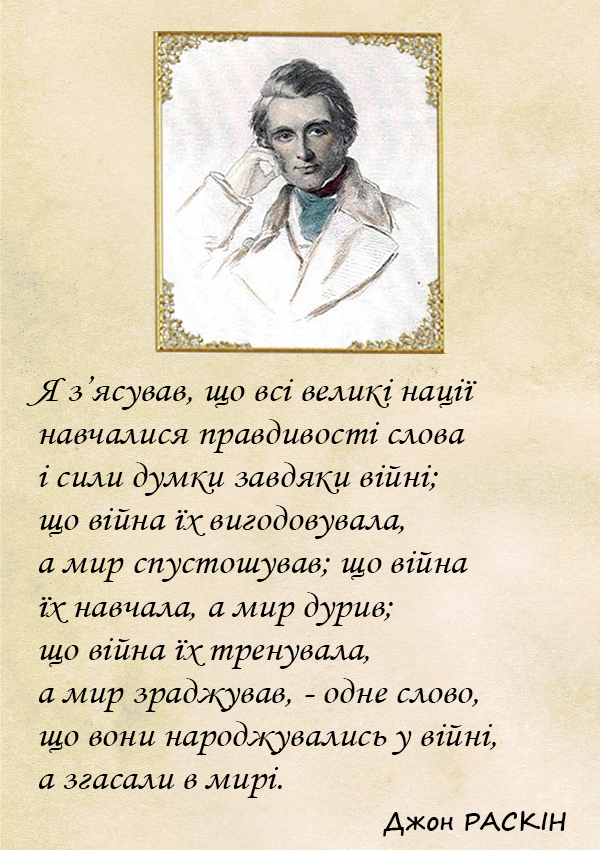










































Залишити відповідь